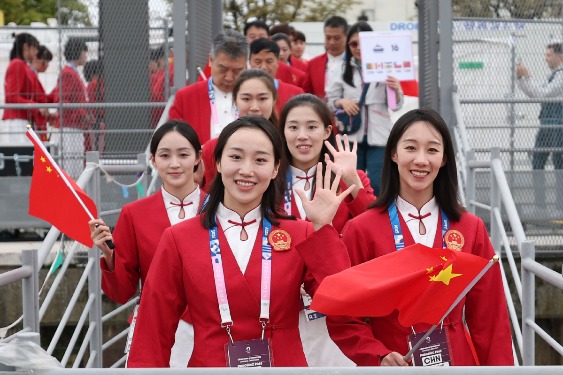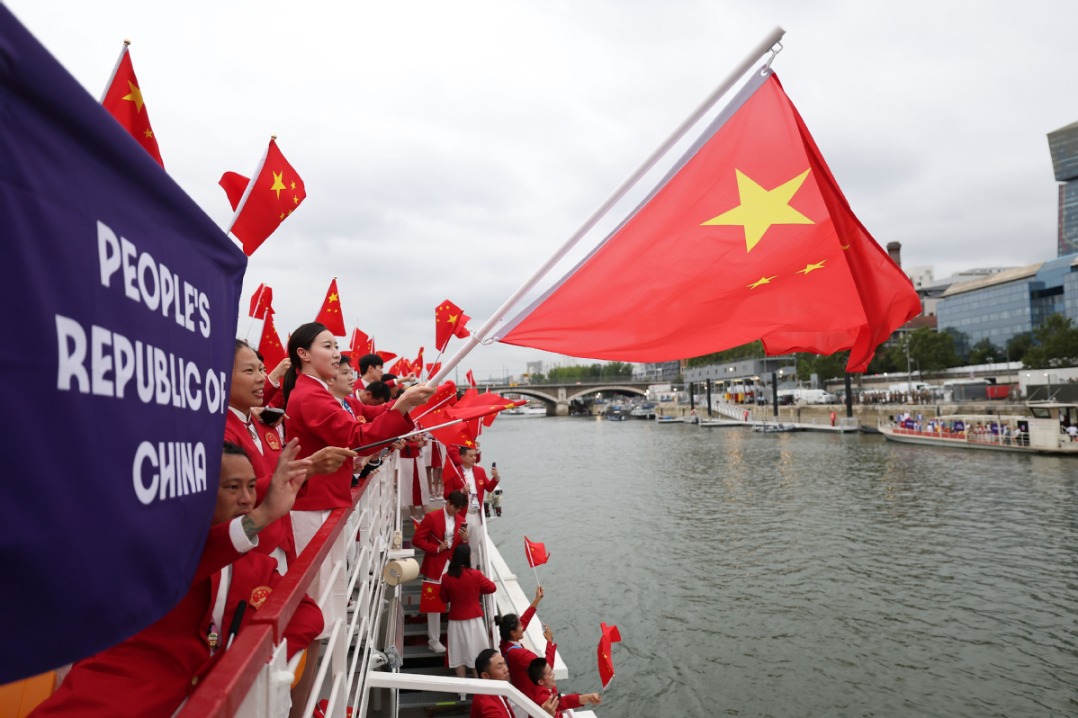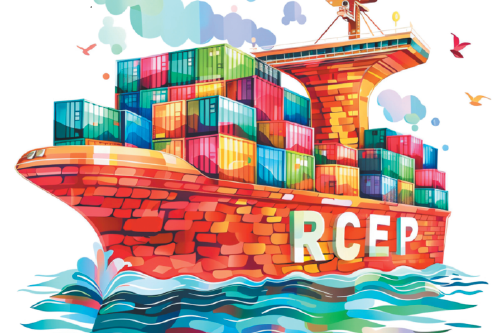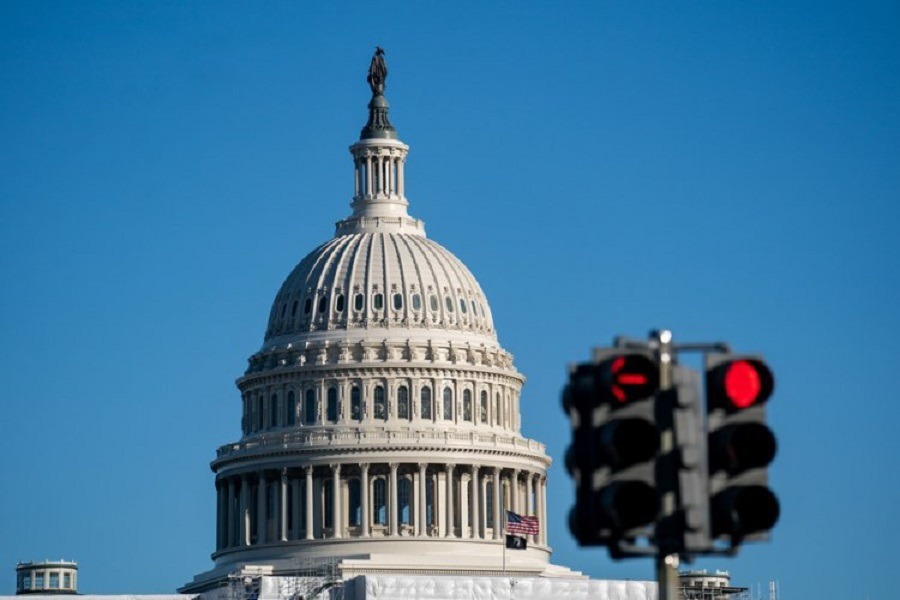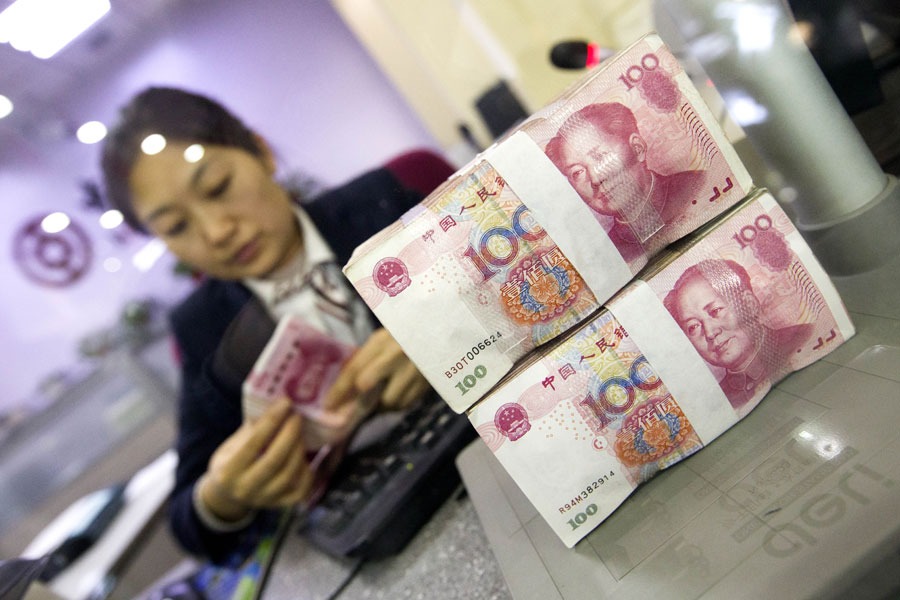Dirty money talks drive the US 'Taiwan card'


The inauguration speech of the new Taiwan island administrative head Lai Ching-te on May 20, exposed his true color as a propagator of "Taiwan independence". Lai has also made it clear that he hopes to achieve his nefarious goal by soliciting the help of the United States.
Some other Western powers, too, have tried to use the Taiwan question, a purely internal affair of China, as a bargaining chip against China. "Internationalizing" the Taiwan question and claiming that Beijing could soon use force to realize the reunification of Taiwan with the motherland are the two ploys the Western powers uses to hype up the "China threat" theory.
By doing so, they have been trying to mislead some Taiwan residents into believing that seeking "Taiwan independence" is the only way to achieve a better future. On his part, Lai, even before being sworn in as Taiwan island's administrative head on May 20, had been seeking US help to realize "Taiwan independence". However, Beijing will not allow that to happen, as it has both the means and the determination to prevent the separation of the island from the motherland and achieve national reunification.
Also, by claiming that the Chinese mainland could soon use force to resolve the Taiwan question, the US has been compelling the island to buy more arms and military equipment from American companies. An article published in the US Naval Institute magazine, titled "The War that Never Was", said the mainland could use force to reunify Taiwan with the motherland. And the commander of the US Pacific Fleet, Samuel Paparo, said in February that since Beijing could use force to realize national reunification in 2027, "constant vigil" should be maintained to prevent Beijing from achieving its goal.
Besides, the fact that the Joe Biden administration has approved 13 rounds of arms sales to the island, and has been conducting joint military drills with some other countries in the Asia-Pacific shows the US doesn't give a hoot about the one-China principle or the three joint Sino-US communiqués it has signed with Beijing.
Worse, US Secretary of State Anthony Blinken publicly congratulated Lai on his inauguration speech even though it was peppered with pro-independence rhetoric, thereby violating the promise he made during his visit to China in April that the US would abide by the one-China principle and is opposed "Taiwan independence".
The Chinese government has always been clear on the Taiwan question — that it is the country's internal affair and it will not tolerate any external interference in it.
At the same time, the mainland has made it clear that it reserves the option of using all necessary means, which does not target compatriots in Taiwan, to achieve national reunification. But despite that, if the separatist forces on the island or other anti-China foreign entities try to cross the red line, Beijing will have to take resolute measures to safeguard the nation's sovereignty and territorial integrity.
Some Western countries are happy to see political disorder in the Asia-Pacific region. That's why they have been fueling tensions in the region, in order to impede the peaceful settlement of the Taiwan question, thereby sending the wrong signals to "Taiwan independence" forces on the island to intensify their "pro-independence" activities.
Military industries and arms dealers love war, because it helps them make more profits. In some Western countries, weapons' manufacturers and arms dealers have joined hands with the military and politicians to create trouble in some regions or trigger conflicts between countries so they can sell more arms to the rival parties and make some fast money. The West's military-industrial complex can even manipulate the defense policy of certain countries or regions.
In fact, some Western powers, especially the US, have been fueling tensions across the Taiwan Strait, so they can coerce Taiwan to purchase more weapons and military equipment from Western military enterprises to "strengthen its security" and thus help the latter make more profits.
Lai may not necessarily pursue the risky "legal Taiwan independence" course and continue following his "pragmatic Taiwan independence" agenda in the short term under the guidance of the US. But in these turbulent times, there is a possibility that Lai could deviate from the track, and prompt the mainland to use force to realize national reunification. In such an eventuality, the Western powers will regret misleading Taiwan.
Therefore, the Western powers should stop sending the wrong signals to Taiwan and, instead, make sincere efforts to promote cross-Strait relations.
The author is the director of the Academic Council and a senior research fellow at the Shanghai Center for RimPac Strategic and International Studies. The views don't necessarily represent those of China Daily.
If you have a specific expertise, or would like to share your thought about our stories, then send us your writings at opinion@chinadaily.com.cn, and comment@chinadaily.com.cn.


















